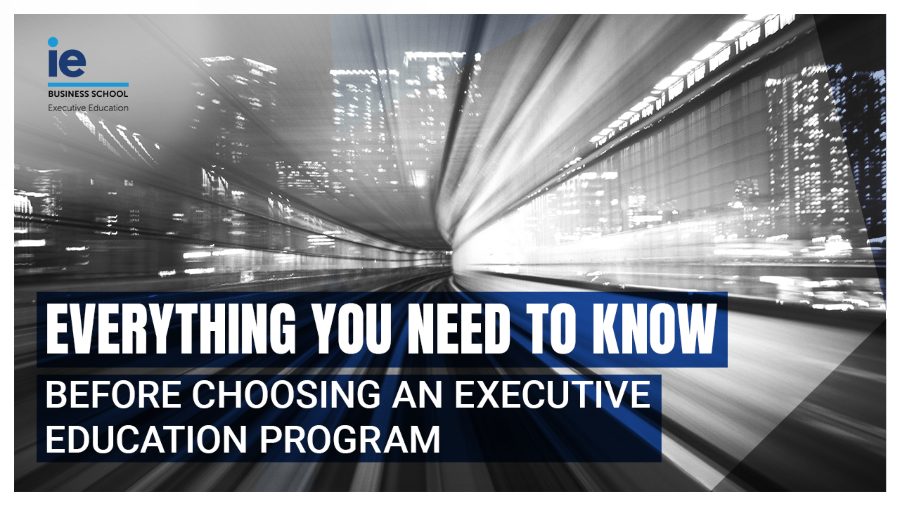Nectome and the innovative commercial opportunities for brain preservation

Nectome is an ambitious startup claiming to have perfected “mind-uploading” technology. Their website raises an enticing question “What if we told you we could back up your mind?”
But there’s a considerable catch
For the mind-uploading service to succeed, the patient must be euthanized prior.
The California based startup accelerator Y Combinator has a reputation for propelling the ambitions of new startups in its trendy three-month boot camp wherein participants receive a $120,000 investment. Their most recent feature, a brain preservation company called Nectome, feels like something out of an episode of the popular thought-provoking science fiction series Black Mirror, where digitized consciousness is a recurring topic.
On March 19th-21st, at Y Combinator’s “Winter 2018 Demo Day” Nectome’s cofounder MIT graduate Robert McIntyre will reveal his high-tech embalming process for preserving the data held in human brains with “full microscopic detail.” During this event, the MIT graduate will make his bold business pitch to the public.
Nectome’s chemical solution claims that it can keep a body intact for hundreds of years, possibly thousands, as a frozen statue Their goal is that in the future, scientists will have the technology to scan the preserved brains of their clients and adapt them into computer simulations. This real-life concept holds the same premise an episode of Black Mirror titled San Junipero, wherein elderly patients are granted the option of uploading their minds to a server leading up to their deaths.
For Nectome’s procedure to succeed, it’s paramount that the brain itself be fresh. The company says its goal is to connect people with terminal illnesses to a life support machine in order to pump its mix of scientific embalming chemicals into the big carotid arteries in their necks while they are alive, under general anesthesia. The service is “100 percent fatal,” says McIntyre. “That is why we are uniquely situated among the Y Combinator companies.” The company has consulted with lawyers that specialize in California’s End of Life Option Act, which permits doctor-assisted suicide for terminal patients. It is predicted that when the time comes, Nectome’s practices will be fully legal.
There’s already a waiting list
While it may be tempting to dismiss Nectome’s project as unfeasible or outlandish sci-fi technobabble, the company was awarded a generous federal grant and is collaborating with Edward Boyden, a top neuroscientist at MIT. There is already an extensive waiting list for this service, and the infrastructure and demand are there for it to scale up accordingly.
Nectome’s storage service is not yet for sale and may not be available for several years. Still lacking is hard evidence that memories can be found in dead tissue. The company has found a way to test the market. Following the example of electric-vehicle maker Tesla, it is gauging the demand for their service by inviting prospective customers to join a waiting list for a deposit of $10,000 that is fully refundable if they have a change of heart.
Thus far, 25 people have chosen to do this. Curiously enough, among them is Sam Altman, a 32-year-old investor who is one of the creators of the Y Combinator program. Altman tells MIT Technology Review he’s pretty sure minds will be digitized in his lifetime. “I assume my brain will be uploaded to the cloud,”
Commercial opportunities in offering brain preservation
Additionally, Nectome’s methodology was awarded a science prize worth $80,000 for successfully preserving a pig’s brain in such immersive detail that each synapse inside it could be seen with an electron microscope. Nectome raised $1 million in funding, including the $120,000 that Y Combinator provides to all the companies it takes on. It won a $960,000 federal grant from the U.S. National Institute of Mental Health for “whole-brain nanoscale preservation and imaging,” because it is predicted that there will be massive “commercial opportunity in offering brain preservation” for various purposes including drug research. The user experience will be identical to physician-assisted suicide,” Netcome’s founders say. “Product-market fit is people believing that it works.”
Ethics of a Digital Afterlife
“There is a lot of philosophical debate, but to me, a simulation is close enough that it’s worth something,” McIntyre says.
“There is a much larger humanitarian aspect to the whole thing. Right now, when a generation of people dies, we lose all their collective wisdom. You can transmit knowledge to the next generation, but it’s harder to transmit wisdom, which is learned. Your children have to learn from the same mistakes.”
“That was fine for a while, but we get more powerful every generation. The sheer immense potential of what we can do increases, but the wisdom does not.”
On the other hand, there is a fear that only the wealthy will be able to afford these services and that if they were to work, the elite upper-class would be able to defy death and exist as a burden on future generations.
Would you like to learn more about growing startups or innovative technologies?
If you have a keen interest in foreseeing how disruptive technologies will affect the global landscape and create new opportunities to profit, you can learn more about this in our HiOP Leadership and Strategy in the Age of Disruption by downloading a copy of our informational booklet. If you’re ready to join our next intake, get started on your application.



